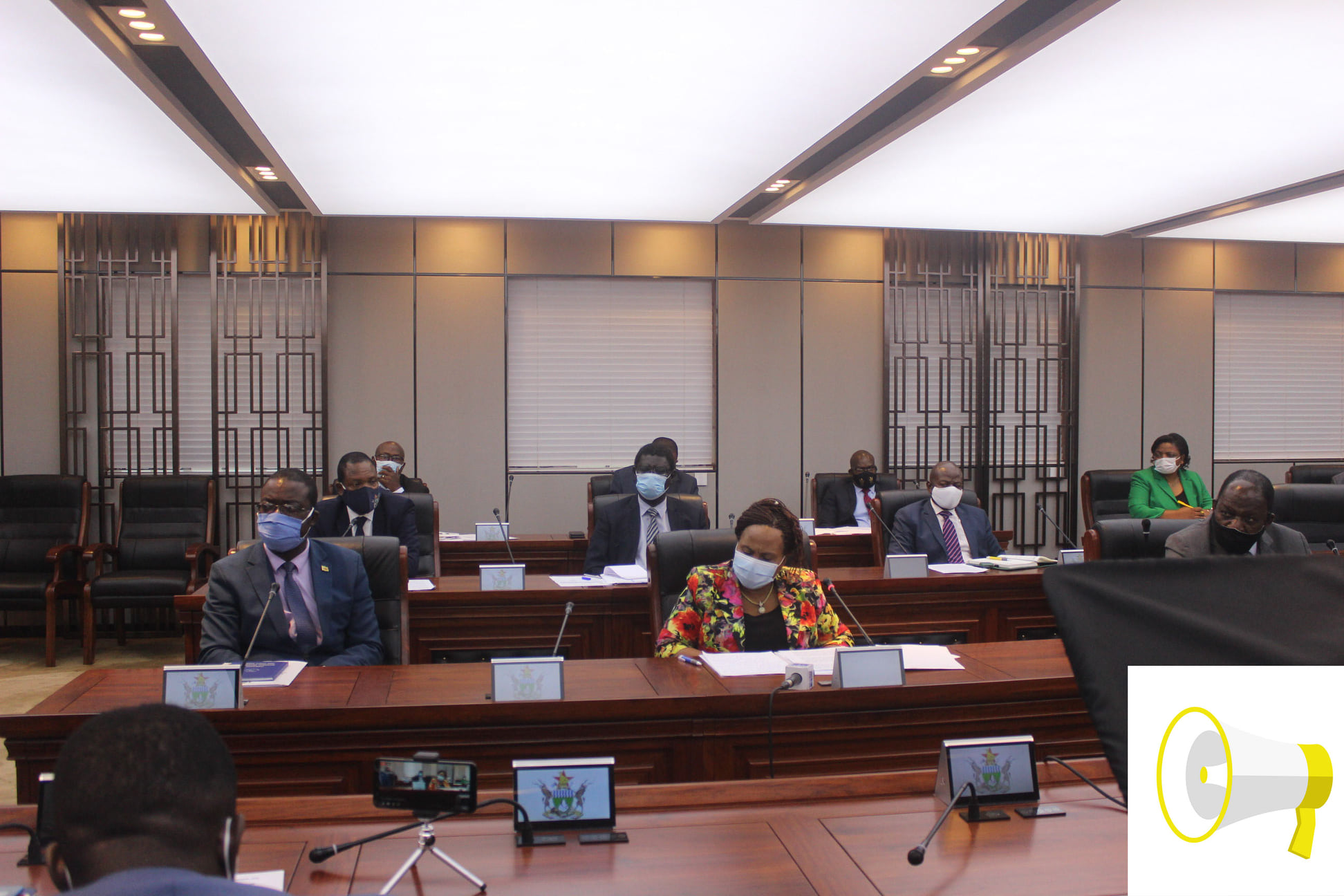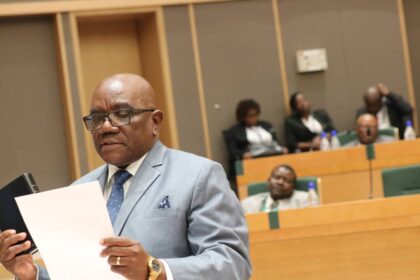New COVID-19 regulations expose Zimbabwe’s hypocrisy
By Joel Mandaza
When the United Kingdom instituted a travel ban against Southern Africa, after South Africa had sequenced a new variant of concern, the government cried foul.
They argued that the decision was detrimental to their citizens and was not backed by science.
Government spokesperson and Information Secretary Nick Mangwana reacted strongly against the decision.
He even went as far as sharing a World Health Organisation article in which the health body’s Director-General of the World Health Organisation Dr Tedros Adhanom Ghebreyesus argued that travel restrictions were not backed by science as useful prevention measures in preventing COVID-19.
Many who heard Nick Mangwana and government sympathisers argue for hours on end would have imagined that they bear great concern over the travel itineraries held by Zimbabweans.
It would later emerge that the tirades were just agitations against the United Kingdom for political expediency.
Just a few days after the widespread complaints, the Zimbabwean government did the same thing that they were complaining against – issue stringent travel restrictions.
People flying into Zimbabwe are now required to take a PCR and quarantine at the traveller`s cost for 10 days according to Statutory Instrument 267 of 2021, which spells out the regulations.
This means that diasporans who had decided to come home for Christmas may not be able to spend time with their loved ones.
Among those affected are the 4780 Zimbabweans working for the National Health Services in the United Kingdom.
With the pandemic raging in the UK, they have limited time in which they can travel back home to see their loved ones.
Some affected have argued that they have as little as 14 days out of work, if they incorporate travel and quarantine, they may have two days to see their loved ones.
Returnees are supposed to be quarantined at their own cost, and average hotel rooms at hotels in Harare are around USD$100.
This means that a 10-day stay would amount to USD$1000, almost half of what an average nurse in the UK earns per month.
If they add air tickets, holiday gifts, they may be left with very little to spare.
The government did not waiver for returning residents who are already in transit back home as the decree kicked in with immediate effect.
This means that those who had travelled outside the country for one reason or the other, without budgeting for a 10-day hotel stay have now been plunged into an unexpected cost.
Zimbabwe`s actions are a tacit banning of flights because as it stands, for those who can help it, there is very little which justifies enduring an expensive 10 days in quarantine.
Among the most hit sectors with what many have described as a knee-jerk reaction is the tourism sector.
After spending most of 2020 closed, and a part of 2021 functioning at a reduced scale the sector is set to miss on foreign tourism and returning citizens.
In 2019, Zimbabwe earned US$1.5 billion from tourism and the figure fell to US$602 in 2020.
Both these years had the festive season open for visitors, which is the peak period for hoteliers and recreational parks.
This year may turn out to be worse, as it will be difficult for tourists to brave a 10-day quarantine in Zimbabwe when South Africa and Zanzibar in the vicinity do not have similar regulations.
In any case, Cabinet`s attempt to plug infections through banning air travel or making it difficult for those entering the country through official ports shows how out of touch they have become.
The majority of Zimbabwe`s diaspora is in South Africa, even though road travel across borders has been suspended in the country it has been happening.
Every now and then reports of cross border buses that are robbed along Masvingo road are filed.
This shows that our borders are operating under the radar of the law and this will worsen if the conditions of entry into Zimbabwe remain stringent.
President Emmerson Mnangagwa promised a review after a fortnight, one hopes he will take time to reflect on the wisdom of the reaction to the impending Omicron variant.
As it stands, the measures instituted are worse than an outright travel ban which they were criticizing a few days back.
New COVID-19 regulations expose Zimbabwe’s hypocrisy



